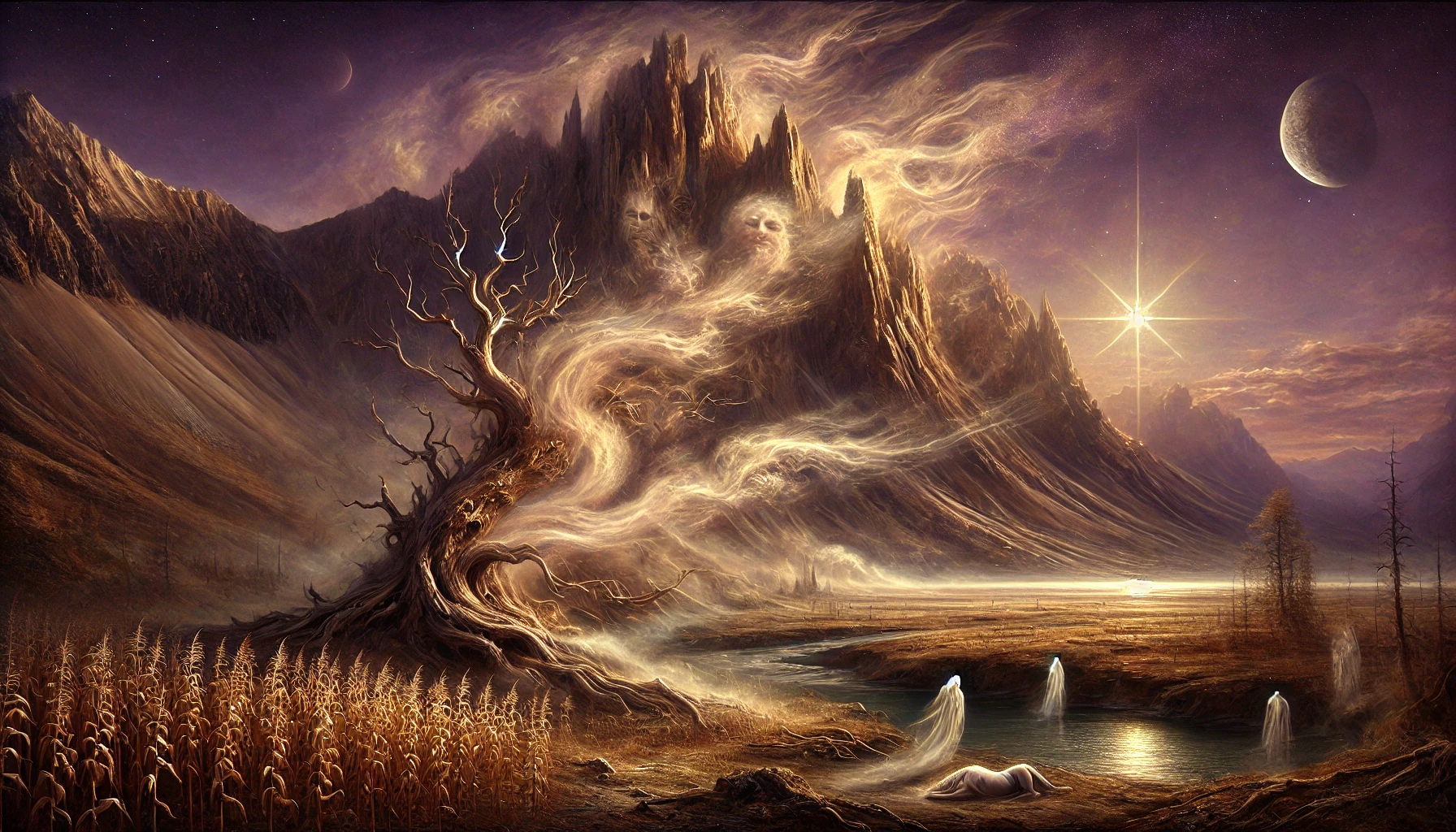“Hang On To Your Chairs (Ass Bomb)” by Bill Campana
Hang on to your chairs, I’m going back to school.
I’m getting my degree, a doctorate in science.
I’m going to MIT to study mathematics, quantum mechanics, nuclear physics
and whatever else it takes to get me to achieve my goal.
Because I am going to invent a bomb
a bomb that will shame all other bombs
I’m going to invent a bomb that will kill no one,
but will wipe everybody on their ass
right off your feet
flat on your ass
and then I am going to fire up another one
just in case I might have missed some people
who were sitting at the time
and then had gotten up just to investigate the commotion.
All over the world, on the appointed day
phones will ring.
The people calling will say,
“I fell on my ass at 10 o’clock this morning.”
and the people they are speaking with will reply,
“That’s funny… so did I…”
Newspapers will print enormous headlines:
AND THEN WE ALL FALL DOWN
DEATH TOLL ZERO AS WORLD FALLS ON ITS’ ASS
BILL UNLEASHES WEAPON OF ASS DESTRUCTION
I will show you,
that you can have a sense of humor,
that mass destruction just ain’t where it’s at.
Not terrorism, but performance terrorism.
So like that bomb the Soviet Union
dropped on us in the mid-sixties,
that bomb that made everybody want to say
the word “fuck”
freely
in public
forever.
Man, that was fucked up.
But when I walk down the street
with my silver squared
and my beard held high
people will say, “there goes Bill.
He invented the Ass Bomb.
He’s really not such a bad guy.”
I can see it now.
I will become Time Magazine’s “Ass of the Year”.
I will win the Nobel Prize for Ass
and with my winnings,
support an network of underground ass-droppers.
Getting through airport security
will be as easy as dropping trow.
And you will thank me.
Someday, you will ALL thank me,
from the bottom of your bottoms,
for being making global terrorism silly
and ground zero cleanup
nothing more than dusting off your pants.
So, hang on to your chairs.
I don’t know how I’m going to do this.
But, I’ll never find out
until I get up off my ass
and try.
Transcribed from “Hang On To Your Chairs (Ass Bomb) from The Hit List 2 by Bill Campana.
Listen to the poem “Hang On To Your Chairs (Ass Bomb)” from the spoken word album The Hit List 2 by Bill Campana.
About the poet Bill Campana
Summary and Analysis of “Hang On To Your Chairs (Ass Bomb)” by Bill Campana
Bill Campana’s poem “Hang On To Your Chairs (Ass Bomb)” is a wild, irreverent ride through performance poetry and political satire, packed with wit, absurdity, and a surprising undercurrent of hope. With his trademark humor and grounded delivery, Campana envisions a world-changing invention—not a bomb of destruction, but one of disruption. This imagined “Ass Bomb” doesn’t kill or harm. Instead, it knocks everyone flat on their backsides—an act that, in the poet’s vision, serves to unite, disarm, and humble humanity in one shared, absurd experience.
Summary
In this hilarious and sharply satirical piece, the speaker declares his intention to go back to school and study complex sciences—quantum mechanics, nuclear physics, and mathematics—not to build a weapon of mass destruction, but a weapon of “ass destruction.” This bomb won’t maim or kill; it will simply knock everyone off their feet. Whether standing, sitting, walking, or talking on the phone, people around the world will fall to the ground in synchronized, undignified unison.
The poet imagines global headlines reacting to this act of performance terrorism:
“AND THEN WE ALL FALL DOWN”
“DEATH TOLL ZERO AS WORLD FALLS ON ITS’ ASS”
“BILL UNLEASHES WEAPON OF ASS DESTRUCTION”
The piece swerves between the ridiculous and the reflective, revealing the poet’s wish for a gentler, funnier kind of revolution—one that uses laughter instead of violence. He points to a cultural shift in the 1960s where, in his words, “that bomb that made everybody want to say the word ‘fuck’ freely in public forever” broke down barriers of censorship. Now, his own imagined bomb would break down political and ideological barriers with comedy, reminding people that “mass destruction just ain’t where it’s at.”
By the end, the poem circles back to a personal call to action. The speaker doesn’t yet know how he’ll accomplish this dream, but one thing is certain: he has to get up off his ass and try.
Analysis
Campana masterfully uses humor to critique our obsession with violence, weaponry, and the spectacle of destruction. By flipping the traditional function of a bomb—from devastation to harmless absurdity—he challenges societal norms around power and conflict resolution. His “Ass Bomb” becomes a metaphor for a unifying jolt, an equalizer that reminds everyone—world leaders, ordinary citizens, and even the poet himself—that we all fall down sometimes.
This poem is classic Bill Campana: irreverent, self-aware, deeply human, and delivered with a wink and a truth bomb. The poem functions not just as a performance piece, but also as a vision for an alternative kind of power—one that doesn’t rely on fear but on humility, connection, and shared laughter.
It’s also a subtle commentary on agency and action. As the poem ends with,
“I don’t know how I’m going to do this. / But I’ll never find out / until I get up off my ass / and try.”
Campana speaks not just of his fictitious invention, but of the creative act itself—the need to rise and create, even if you don’t have the blueprint yet.
➡️ Ready to experience more of Bill Campana’s bold, boundary-pushing poetry?
Visit his poet bio page on AZPoetry.com and discover why he’s considered one of the most iconic voices in Arizona’s spoken word scene.









